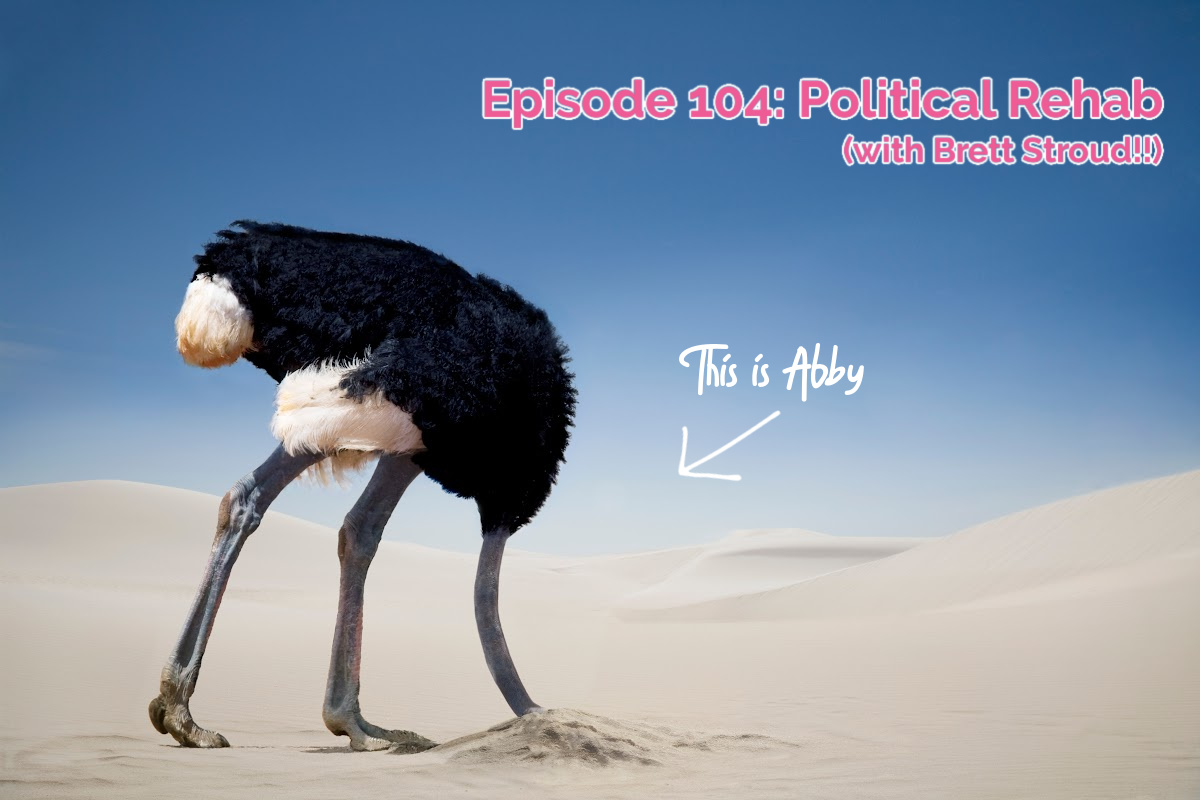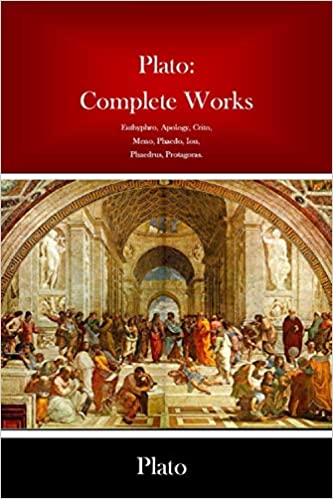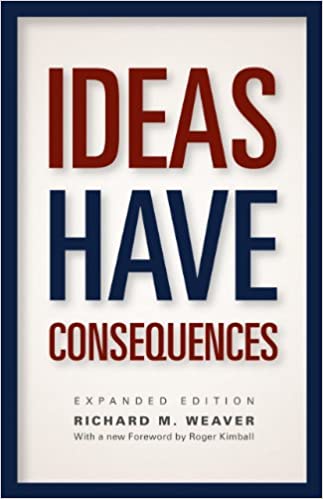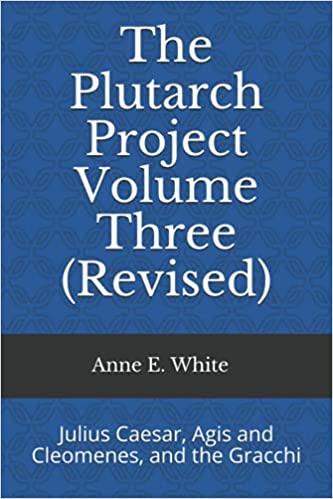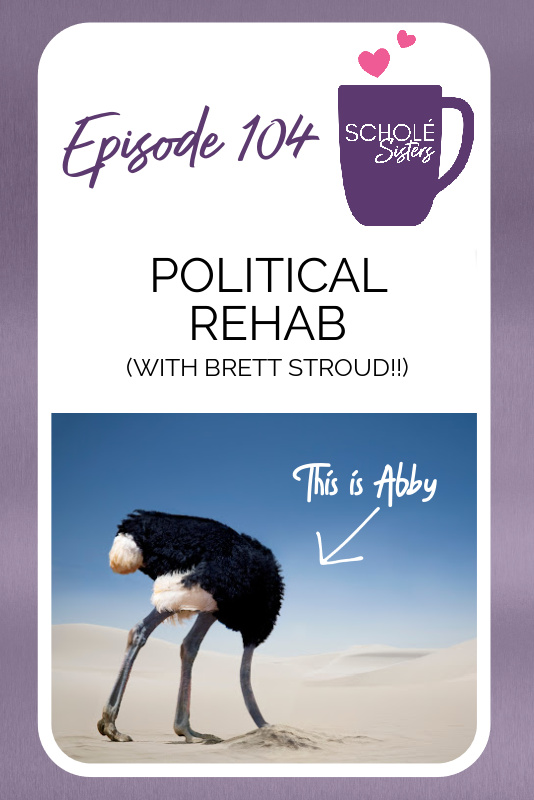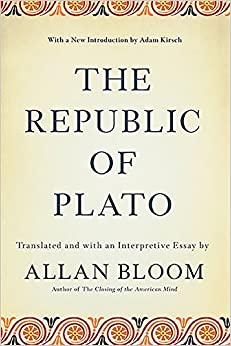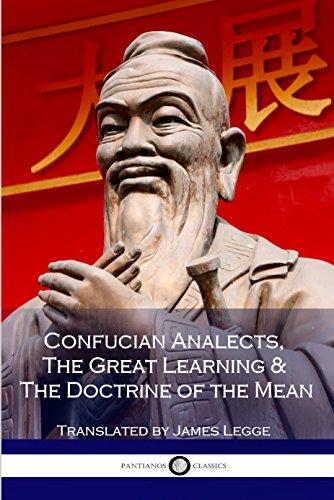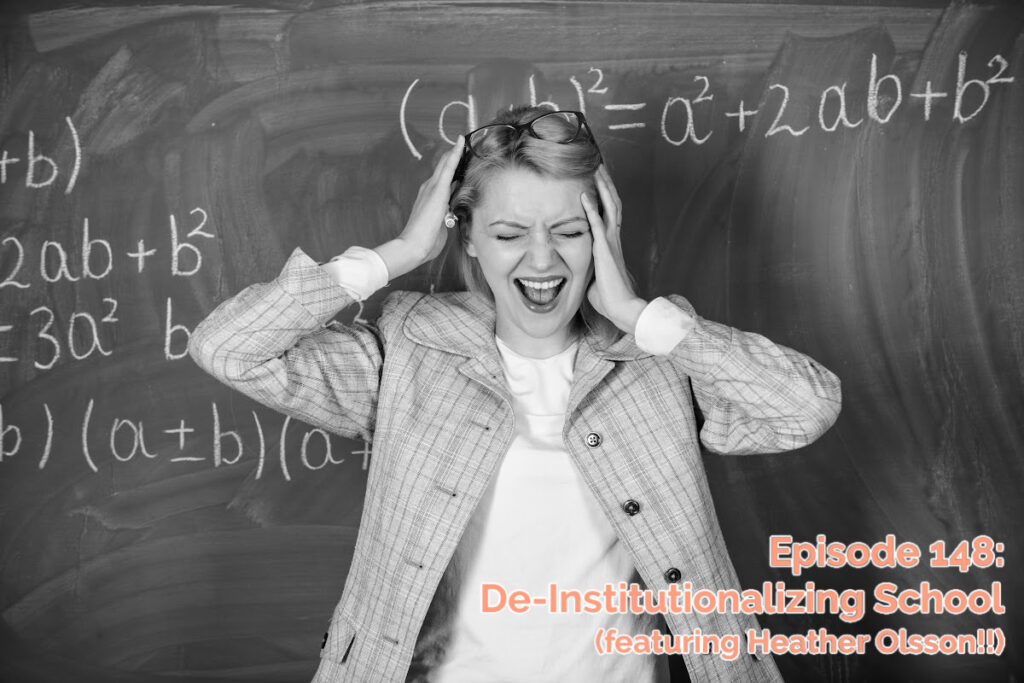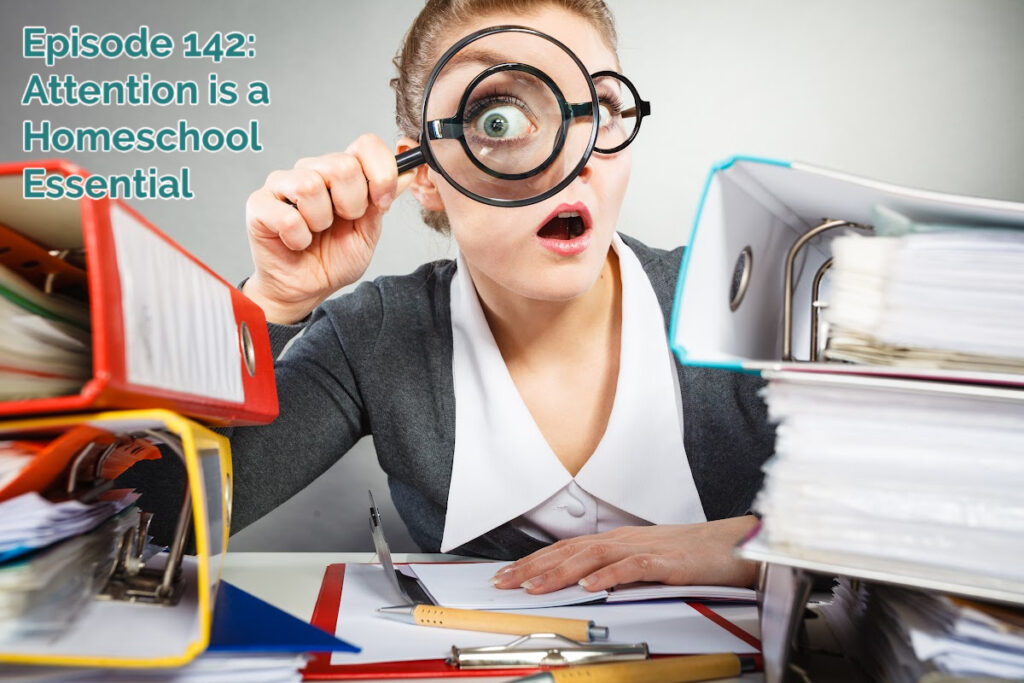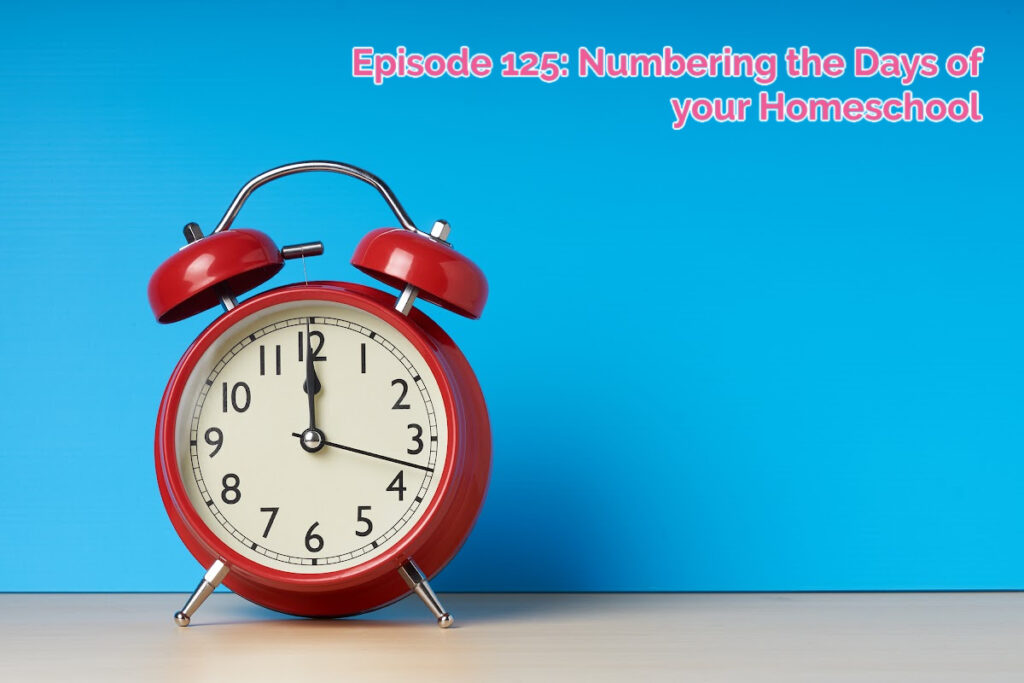SS #104 – Political Rehab (with lawyer Brett Stroud)
Particularly in the last two years, politics and the news seems to be more and more discouraging and demoralizing (perhaps in more than one sense). It’s easy to be tempted to give up on the whole endeavor and ignore the world while we get on with our real lives.
Abby is ready to keep a media and news fast up indefinitely because it feels like a feast of sanity to be bereft of political machinations and liberal propaganda. Brandy would like to convince her to attend political rallies. To mediate these extremes and bring in some classical sources and informed thought, Brett Stroud, a CA lawyer, enters the scene.
In this episode, Brett Stroud deftly exercises his lawyerly wiles, complimenting Charlotte Mason for Brandy and proving his point through Shakespeare for Abby. You don’t want to miss it.
Listen to the podcast:
TUNE IN:
Apple Podcasts | Spotify | Stitcher
Can We Ignore Politics?
Today’s Hosts and Guest
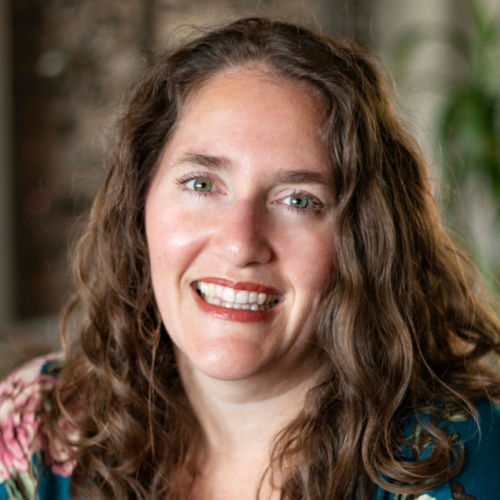
Brandy Vencel
homeschools in California and stays up late keeping up on news and conspiracy theories.
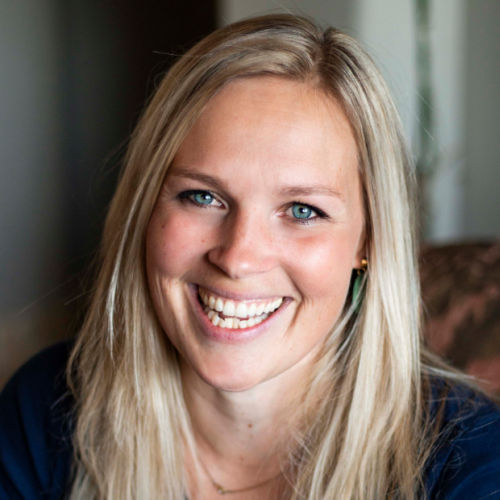
Abby Wahl
homeschools in Oregon and ignores the news as much as possible because she doesn’t need the drama.
Brett is a partner of the firm’s Water Law and Special Districts Department. He also advises clients on the full range of public law issues and compliance issues.
In addition to practicing law, Brett has served as an adjunct professor of law at Trinity Law School in Santa Ana and a volunteer judge for various moot court competitions. He graduated in 2014 from the Pepperdine University School of Law, where he was editor-in-chief of the Pepperdine Law Review.
Brett and Brandy are both on the board of Providence Classical Academy in Bakersfield, CA.
Scholé Every Day: What We’re Reading
Taming of the Shrew, Shakespeare
Abby is reading and loving this sometimes controversial play.
Ideas Have Consequences, Richard Weaver
Brett is reading this conservative classic.
Plato: Complete Works, edited by Jowett
Brett recommends that we read Plato quickly, completely, and shallowly.
The Gracchi, Plutarch
Brandy is reading, for the first time, a life parallel to the one she just finished, as Plutarch intended.
News is depressing. Can we ignore it?
As busy moms, we don’t have time for extra drama and sometimes that’s all it seems news is.
Do we really have to keep up with current events? Is news relevant? Is it responsible to even listen to the media? Is politics worthy of our time and attention?
How is politics related to classical education?
We can’t really answer that question until we define politics and education.
Politics is a branch of moral philosophy. The first branch is ethics, how one should act. The second is politics, how how we should act together.
Whenever people are together, there is politics of some sort happening. It doesn’t need to have a negative connotation. Whenever people are together,
Therefore, politics is comprehended within the scope of a classical education because it’s a branch of philosophy.
Three kinds of politics
What is a just polis? This is a key philosophical question, addressed by Plato in The Republic and key to the classical education project.
However, in America today we have partisan politics as people jockey for elected positions. This is another element of political activity in our culture.
Finally, there’s also popular opinion climate which functions politically as the media attempts to influence majority consensus through propaganda.
The Tempest Shows How Not to Do Politics
It is easy to miss the message of The Tempest because it’s hidden in the backstory. Prospero was ousted as Duke and stranded on the island because he was so enamored of his learning that he ignored his political duties as head of state.
Those eager to step in and fill the gap were not the best for the job because they were the ones seeking power and aggrandizement. With power, they overthrew the rightful government. They only could do this because the one with the right and the wisdom to rule had abdicated so he could dedicate his life to solo learning.
When those who have the knowledge and wisdom to rule refuse to do so, only the power-hungry are left to do what they will to the harm of the citizens and polis.
As Plato taught in The Republic, learning and wisdom must be gained not only for personal delight and solitary contemplation, pleasurable though that is. The wise are duty-bound to enter state affairs and guide the political ship.
Time for Both Scholé and Politics
What is a just polis? This is a key philosophical question, addressed by Plato in The Republic and key to the classical education project.
Although education must be brought to bear on political matters, which is active philosophy, we must also shelter the process of education itself from public opinion.
Humans need time away from political interaction to contemplate truth and orient themselves to it. If you learn about politics from important events and wise men, you’ll be educated in prudence in a way you can’t be by keeping up with current events.
Engagement with politics
We’re unavoidably going to be involved in political arrangements with our family, our communities, and our state. We have a moral imperative to do so the best we can justly.
So there really is no way to opt out of politics. It’s more a question of how broad your involvement will be.
Confucius on Politics
We don’t begin with the state as our source of justice that trickles down. Instead, we start with order and justice within ourselves, then within our families, then within our local communities and polities, and when those are well ordered, the state will also be rightly ordered.
How do we rightly order and align ourselves? By rightly knowing and naming things. We begin affecting the state by gaining wisdom and knowledge ourselves, using that to order our families and local relationships, and as our spheres broaden and opportunities arise, we are prepared to affect the state as well.
Scripture also teaches us that a man’s household is an indicator of his leadership ability and should be used as a qualification (or disqualification) for offices of authority.
Why local politics matters more than national
The local positions are where people launch their political careers matter because there is more personal knowledge and accountability. The local sphere can prevent unqualified people from succeeding in politics if they pay attention and care, but not if we leave it to the power-hungry alone.
Being a responsible citizen
Being a responsible citizen under God is not so simple as throwing up Romans 13 as a shield for inactivity and subservience.
Whether or not Christians can, in good conscious, participate in realpolitik (a system of politics or principles based on practical rather than moral or ideological considerations) is another conversation and a difficult one. However, classical educators, including homeschoolers, can consider these principles as they determine their level of involvement:
- Be rooted in the timeless ideas and permanent things
- Pray for your government that they get it right
- Pick a political issue and actually become informed about it if only to discover how difficult it is to be informed
Mentioned in the Episode
Listen to related episodes:
SS #148: De-Institutionalizing School (with Heather Olsson!!)
SS#142: Attention is a homeschool essential
SS #125 – Numbering the Days of Your Homeschool
SS #116 – Feasting in a time of fasting


